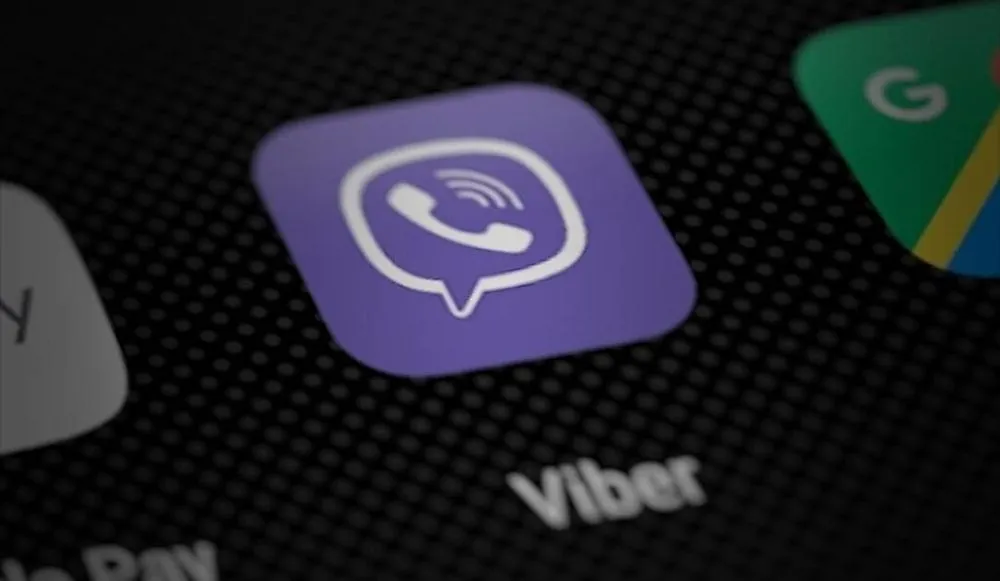Russia bans Viber, claiming app facilitates terrorism and drug trafficking
Russia has blocked access to the popular messaging app Viber, citing alleged legal violations. Internet censor Roskomnadzor claimed in a statement last week that the app is used for terrorism, extremism, drug trafficking, and the distribution of illegal content.
The regulator’s decision is part of Moscow’s broader crackdown on foreign tech services, including Google, YouTube, and WhatsApp, as it seeks to isolate itself from the global internet and create its domestic alternative, often referred to as the Runet.
With over 17 million daily users, the Japan-owned Viber is the third most popular messaging app in Russia, after WhatsApp and Telegram, both of which have faced temporary restrictions due to alleged legal violations or as part of the Kremlin's censorship efforts.
Viber has faced multiple fines in Russia since Moscow's invasion of Ukraine in 2022. One fine, of nearly $10,000, was levied for the company’s refusal to remove what Russian authorities deemed false information about the war. In a separate case, Viber was fined over $8,000 for publishing prohibited content. Russian officials claim the company has not paid these fines.
Viber had not responded to Recorded Future News' request for comment at the time of publication.
Many Russian lawmakers supported the app's ban. Parliamentarian Anton Nemkin said that criminals are drawn to Viber for its simple registration process, which only requires a phone number and doesn’t demand additional identity verification. He also claimed the app's "high level of confidentiality" makes it appealing to foreign intelligence recruiters.
Some tech experts believe the Viber ban could serve as a warning to other messaging apps, including WhatsApp and Telegram, which could soon also face similar demands from state regulators.
Russia has previously blocked access to foreign social media platforms. In 2022, Russian authorities restricted access to X (formerly Twitter), Facebook and Instagram. Many Russians are able to bypass these restrictions using virtual private networks (VPNs), although Roskomnadzor has threatened to block them as well.
Earlier this year, Russia also blocked access to the encrypted messaging app Signal for allegedly violating laws linked to anti-terrorist operations. The messaging platform Discord, popular among gamers, faced similar accusations.
Russia also previously admitted to slowing YouTube’s loading speeds and encouraging local citizens to switch to domestic alternatives. Many Western services, including Microsoft, productivity and note-taking app Notion, and Czech antivirus developer Avast, left Russia earlier this year due to sanctions imposed on Moscow following its invasion of Ukraine.
Daryna Antoniuk
is a reporter for Recorded Future News based in Ukraine. She writes about cybersecurity startups, cyberattacks in Eastern Europe and the state of the cyberwar between Ukraine and Russia. She previously was a tech reporter for Forbes Ukraine. Her work has also been published at Sifted, The Kyiv Independent and The Kyiv Post.



